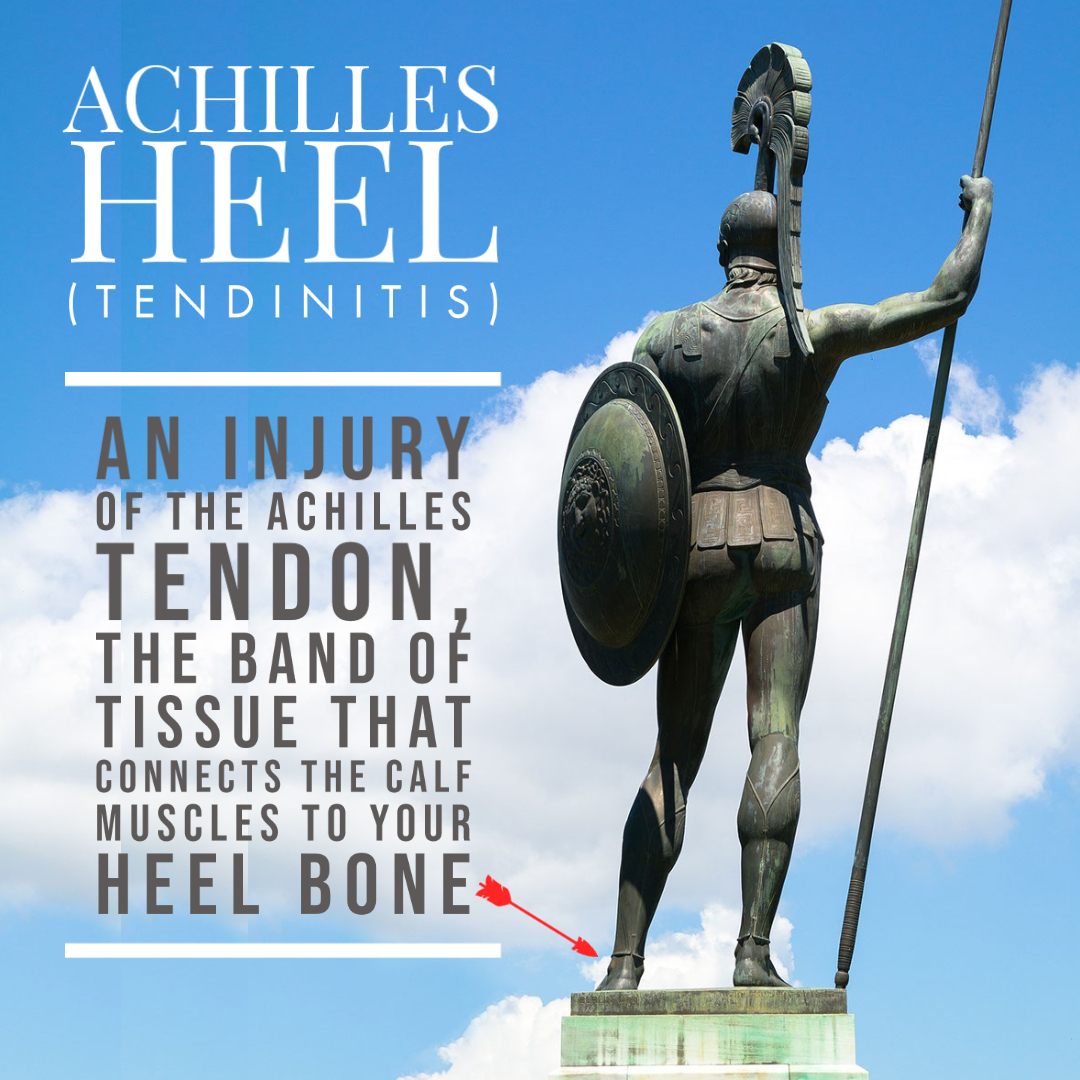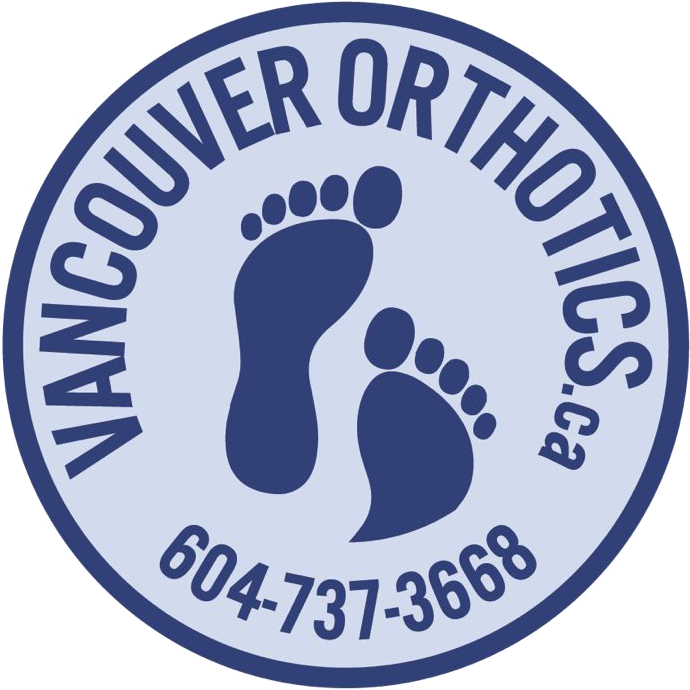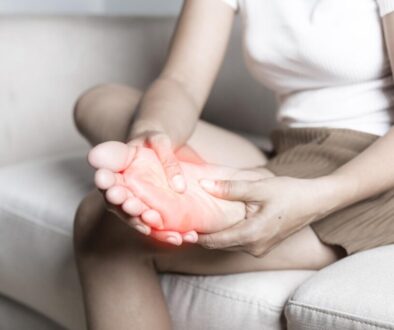Understanding Achilles Tendonitis and the Role of Custom Orthotics

Achilles tendonitis is a common condition that affects many individuals, particularly those who engage in sports or activities that involve repetitive stress on the ankle. It occurs when the Achilles tendon, which connects the calf muscles to the heel bone, becomes inflamed or irritated. This condition can be painful and may limit mobility, making effective treatment essential. One promising approach to managing Achilles tendonitis is the use of custom orthotics. In this blog post, we’ll explore the nature of Achilles tendonitis, its causes, symptoms, and how custom orthotics can provide relief and support.
What is Achilles Tendonitis?
Achilles tendonitis is an overuse injury characterized by pain and inflammation of the Achilles tendon. It typically develops gradually and is often linked to activities that place excessive stress on the tendon, such as running, jumping, or other high-impact sports. While both athletes and non-athletes can be affected, those who suddenly increase their activity levels or who have underlying biomechanical issues are particularly at risk.
Causes of Achilles Tendonitis
Several factors can contribute to the development of Achilles tendonitis, including:
- Overuse: Engaging in repetitive activities without adequate rest can lead to micro-tears in the tendon.
- Biomechanical Issues: Flat feet, high arches, or other foot alignment problems can place undue stress on the Achilles tendon.
- Improper Footwear: Shoes that lack proper support or cushioning can exacerbate tendon strain.
- Tight Calf Muscles: Limited flexibility in the calf muscles can increase tension on the Achilles tendon.
- Sudden Changes in Activity: Rapid increases in intensity or duration of physical activity can overwhelm the tendon.
Symptoms of Achilles Tendonitis
The symptoms of Achilles tendonitis can vary, but they often include:
- Pain along the back of the heel or lower leg, especially during activity
- Stiffness and swelling in the morning or after prolonged inactivity
- Tenderness when touching the tendon
- A creaking or crackling sensation when moving the tendon
If left untreated, Achilles tendonitis can lead to more severe conditions, such as tendon rupture, making early intervention crucial.
The Role of Custom Orthotics
Custom orthotics are specially designed shoe inserts that help correct biomechanical issues and provide support to the foot and ankle. For individuals suffering from Achilles tendonitis, custom orthotics can play a vital role in alleviating pain and promoting healing. Here’s how:
1. Improving Foot Alignment
Custom orthotics are tailored to the unique shape of an individual’s foot, addressing specific alignment issues. By promoting proper foot positioning, these inserts can help reduce the strain on the Achilles tendon and prevent further injury.
2. Providing Cushioning and Support
Orthotics are designed to provide additional cushioning, which can absorb shock and reduce impact during activities. This cushioning can help ease the pressure on the Achilles tendon, leading to reduced pain and discomfort.
3. Enhancing Stability
Custom orthotics can enhance overall foot stability, which is essential for individuals with flat feet or high arches. By improving stability, orthotics can help distribute weight more evenly across the foot, reducing the likelihood of exacerbating tendonitis symptoms.
4. Encouraging Proper Gait Mechanics
Custom orthotics can correct abnormal gait mechanics, which often contribute to tendon strain. By facilitating a more efficient walking or running pattern, these inserts can help alleviate the repetitive stress placed on the Achilles tendon.
When to Consider Custom Orthotics
If you are experiencing symptoms of Achilles tendonitis, consulting with a healthcare professional is essential. They can evaluate your condition and determine whether custom orthotics are a suitable option for you. Factors that may indicate the need for orthotics include:
- Persistent pain in the Achilles tendon that does not improve with rest
- History of previous foot or ankle injuries
- Biomechanical issues, such as flat feet or high arches
- A sedentary lifestyle followed by sudden increases in activity levels
Steps to Getting Custom Orthotics
- Consultation: Schedule an appointment with a healthcare provider or a podiatrist who specializes in foot and ankle conditions.
- Assessment: The specialist will conduct a thorough evaluation of your foot structure, gait mechanics, and activity levels.
- Impression: A mold or scan of your foot will be taken to create custom orthotics that fit your specific needs.
- Fitting: Once the orthotics are made, you will return for a fitting to ensure they provide the necessary support and comfort.
Additional Treatment Options
While custom orthotics can be highly effective, they are often part of a broader treatment plan for Achilles tendonitis. Other potential treatments include:
- Physical Therapy: Targeted exercises can strengthen the calf muscles and improve flexibility, aiding in recovery.
- Ice Therapy: Applying ice to the affected area can help reduce inflammation and alleviate pain.
- Anti-Inflammatory Medications: Nonsteroidal anti-inflammatory drugs (NSAIDs) may be recommended to manage pain and swelling.
- Activity Modification: Reducing or modifying activities that aggravate the condition is essential for recovery.
Conclusion
Achilles tendonitis can be a frustrating condition that impacts your daily activities and athletic performance. However, with the right treatment plan, including the use of custom orthotics, relief is achievable. These personalized inserts not only enhance comfort but also address the underlying biomechanical issues contributing to your condition.
If you are experiencing symptoms of Achilles tendonitis, don’t hesitate to seek professional guidance. A comprehensive evaluation and tailored treatment approach can help you return to your favorite activities pain-free. Remember, investing in your foot health is an investment in your overall well-being!



